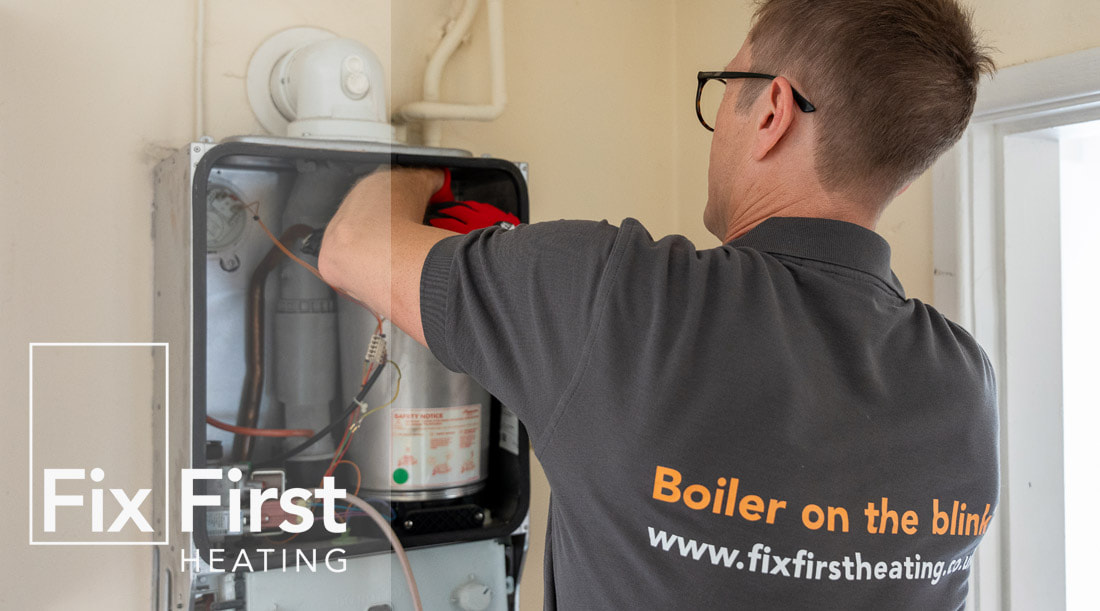|
This is a question we get asked a lot. Replacing your boiler is one of the biggest household expenses you’ll have, so it’s wise to consider your options carefully.
Our website has a quote tool to let you see how much a new boiler will cost, but the truth is, a replacement boiler might not be your best option. So, what things should you consider while deciding whether to keep your old boiler running for longer. Cost of Repair If your boiler is faulty, the repair might not cost a bomb. Most repairs are less than £300, a fraction of the cost of a new boiler. If it’s a more expensive component, you may decide to cut your losses and replace the boiler. You could ask your engineer to quote for a repair before making your decision. Age Most heating companies will advise you to change your boiler if it’s over 10 years. We don’t agree. If a boiler was fitted after 2005, it’s already A-rated. The efficiency of a boiler doesn’t reduce over time. So, if your gas bills are your primary concern and your boiler is still in good nick, then keep it going. Efficiency Boilers fitted up to the mid-90s will be running at as little as 65% efficiency, meaning you’re wasting 35% of all the heat the boiler produces. After this time, boilers could give efficiency levels of around 80%. Modern condensing boilers claim to run at up to 95% efficiency, but they have to be installed correctly or you could still be wasting energy. We can help adjust your system to make your existing boiler work more efficiently. Cost of replacement You could save around £350 a year by replacing an E or F rated boiler with an A rated condensing boiler. So, the cost could potentially be recouped in about 10 years. However, the savings are not as big for D rated boilers, some of which are still in good condition and could potentially keep running for many years if properly looked after by servicing regularly. Condition of the boiler If your boiler has been neglected or has sprung leaks, the cost to repair might be so high that a new boiler with a long warranty would be the better option. If the boiler was cheap and badly installed then a new, reliable boiler is the best option. Again, we’re here to assess your system and give you honest advice. Parts Manufacturers stop making parts for their boilers once the demand for those bits dries up. But, the parts that become obsolete first are the ones that are less likely to fail, meaning the most common parts, such as fans or control boards, may still be replaceable. Ultimately, the decision is yours. Get in touch and we can give you honest advice to help you make an informed decision.
0 Comments
Have you ever had an engineer come to service your boiler who’s been in and out in 20 minutes?
If you’ve thought to yourself, ‘wow, that was quick’, then the chances are the engineer has not been as thorough as they should. There are a number of key elements to a boiler service, which, if neglected, may cause the boiler to fail when you need it most. This could result in expensive and unnecessary callouts. So, next time an engineer comes round to do your boiler service, ask them politely if they’ve done the following 5 things:
All of this should take about an hour or longer if any parts need to be replaced. Should I Get my Boiler Serviced? You should expect your boiler to last 15 years or more, but neglecting your annual maintenance may significantly reduce its lifespan. Investing a small amount now on an annual boiler service will prevent expensive bills later for repairs or early replacement. This guide provides essential insights into boiler maintenance, service frequency, and duration. Do I Need to Service My Boiler? Boilers are a vital part of a comfortable home. When neglected they will develop faults. To keep your boiler in tip-top condition it is essential to get it serviced every year. It is recommended by manufacturers, and warranties often mandate it. Regular services significantly reduce the risk of major breakdowns, saving homeowners from costly repairs. What's the law on boiler servicing? As a homeowner, you are not legally obliged to service your boiler, but it's highly recommended. If you have tenants in your property, you must have a valid landlords gas safety certificate, which includes safety inspections for all gas appliances. Find out more about our Boiler Servicing: Is your boiler due a service in Peterborough and the surrounding area? Contact us to get your boiler booked in. |
News
The latest news from Fix First Heating.
Archives
June 2024
Categories
All
|
Services
|
More
|
Quick Quote
Get your boiler install quick quote:
|
Contact
|
T&C's | T&C's - Service Plans | Terms of Use | Privacy Policy | Cookie Policy
Fix First Heating provide Boiler Installation, Boiler Repairs and Boiler Servicing and Service Plans throughout Peterborough in Cambridgeshire.
© Copyright Fix First Heating 2023 | Website Design & Development by Creative Remedy
Fix First Heating provide Boiler Installation, Boiler Repairs and Boiler Servicing and Service Plans throughout Peterborough in Cambridgeshire.
© Copyright Fix First Heating 2023 | Website Design & Development by Creative Remedy








